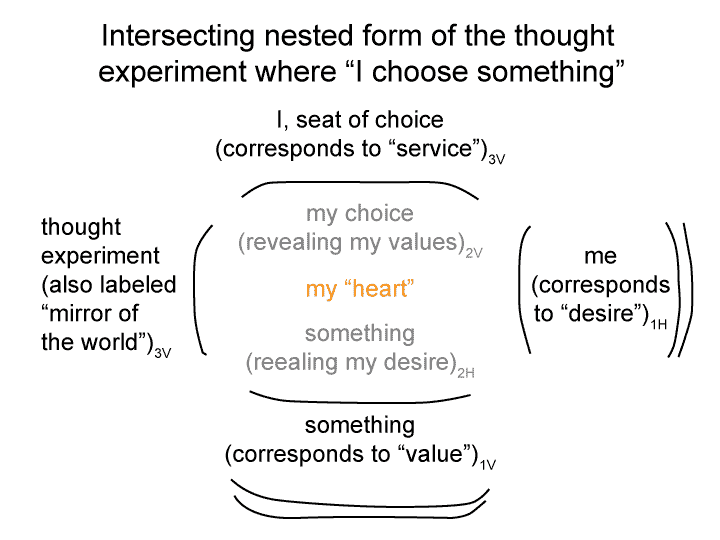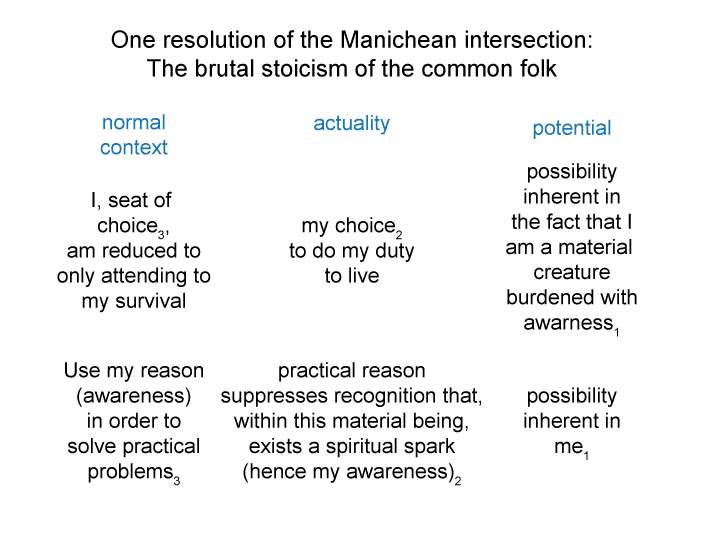Man and Sin by Piet Schoonenberg (1964) 2.3 KS
[In contrast, tribe and family may been trapped in their own word-games.
For example, the tribe is always at war with the rest of the world.
The 10 commandments do not encourage the universal thought experiments.]


